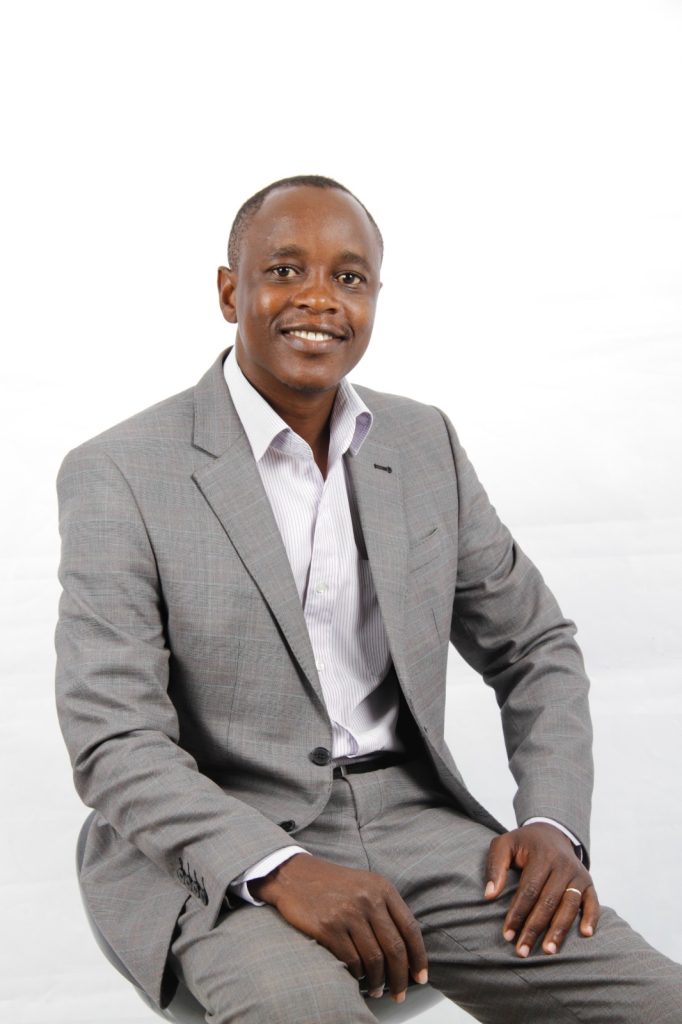
By Staff Reporter
Binga – Dr. Efison Dhodho’s journey in the fight against HIV/AIDS is nothing short of remarkable.
Not only did he manage to convince traditional chiefs to embrace HIV testing during a time when the pandemic was shrouded in stigma and ignorance, but he also pioneered transformative approaches to public health that continue to shape Zimbabwe’s response to HIV today.
When Dr. Dhodho first moved to remote Binga in 2007, the district was grappling with a rising tide of HIV infections, and he was a young doctor stepping into uncharted territory.
It was a daunting challenge, but Dr. Dhodho, who had already built a foundation of cultural humility, knew that understanding and engaging the community would be key to breaking the silence around the virus.
To deal with that, Dr. Dhodho said, “In my experience, language barriers can be overcome through cultural identity. I grew up in Mwenezi, a rural district quite isolated. When you fail to engage using language you can engage using cultural humility.”
“The way I would greet an older woman when she walked into my consultation room—even if I had an interpreter—she would feel the respect, such that the words would not diminish it,” he said.
He said respect is felt more than spoken.
“When I engaged the chiefs, for example, I knew how we would treat them from where I came from.
“They really loved me. One particular chief almost wanted to offer me his daughter.
“That just shows that when you are able to use cultural humility, language ceases to be a barrier,” said Dr. Dhodho.
“I learnt Tonga quickly as a result. I had so many opportunities to talk to people in a contemporary setup, hence I learnt to speak it fast enough. The key word is cultural humility,” he said.
Dr. Dhodho said his decision to engage traditional leaders in the fight against HIV/AIDS was premised on the fact that there was a lot of knowledge, community knowledge, which nurses had.
After engaging them, an idea to encourage positive change by using the traditional leaders as the face of the community struck.
“I sat down with the community health nurses in Binga and asked, ‘How do we reach people?’”
“They said, ‘No, when we are mobilizing for EPI, we use gatekeepers and speak to the traditional leaders. HIV is a different world altogether, though, so you need to break these layers of stigma,’” he said.
Dr. Dhodho added: “That’s why I decided to engage the chiefs because there is this respect which you have as a doctor serving in a community.”
“If I was to send just the nurses to speak to the chiefs, there could be issues. I also spoke to the District Administrator to say we want to engage the chiefs. Everything worked out very well,” he said.
As revered as traditional leaders are, Dr. Dhodho ensured he would engage them with constant humility and, much to his surprise, they listened to him and joined in giving awareness to their communities.
“I would tell them the desire. It’s amazing: they would say, ‘We’ve never been approached about these things, so thank you for approaching us.’
“We are willing to assist, we are willing to make sure, because remember, they were watching their people die, back in the day, it was bad,” he said.
Dr. Dhodho said that the local community had watched their people die, so being able to say, “We can have a solution,” was crucial.
Through his interventions, even the chiefs themselves got tested.
“They said, ‘You know what mwanangu, we can also get tested ourselves,’ and they would come and tell the people, their own people, to also get tested,” he said.
During Dr. Dhodho’s tenure in Binga, the district was selected by the National AIDS Council, along with 21 other districts, to provide Antiretroviral Therapy (ART) services due to a rising number of new HIV infections.
Dr. Dhodho assumed the dual roles of District Medical Officer (DMO) and ART doctor for the project, which lasted two years.
In 2008, the ART program in Binga faced severe challenges.
Only 15 patients were receiving life-saving antiretroviral medication, and they had to travel over 200 kilometers to Hwange for their treatment.
Hospital wards were overwhelmed with patients dying from AIDS, and the situation was dire.
In response, Dr. Dhodho and his team pioneered an innovative outreach model, decentralizing ART delivery and bringing services directly to patients in their communities.
Within six months, the number of people on ART surged from 15 to 1,200, underscoring the effectiveness of context-specific solutions.
Fast forward 18 years, and Dr. Dhodho’s model of community engagement, particularly through traditional leaders, has stood the test of time.
Today, Dr. Dhodho’s model of community-based engagement remains at the heart of Zimbabwe’s HIV/AIDS strategy, and the country is on track to meet the 95-95-95 targets by 2030.
Dr. Dhodho’s work extends far beyond Binga.
He is now the Knowledge Manager for the Zimbabwe College of Public Health Physicians, Director of Strategic Information at OPHID, and a PhD researcher at the London School of Hygiene and Tropical Medicine.
Reflecting on his journey, he is humbled by the progress made and the impact of his work.
“It hasn’t been easy, but it’s been worth every moment.
“The work continues, and I remain committed to making a difference, whether it’s in Binga or on the global stage,” said Dr. Dhodho.